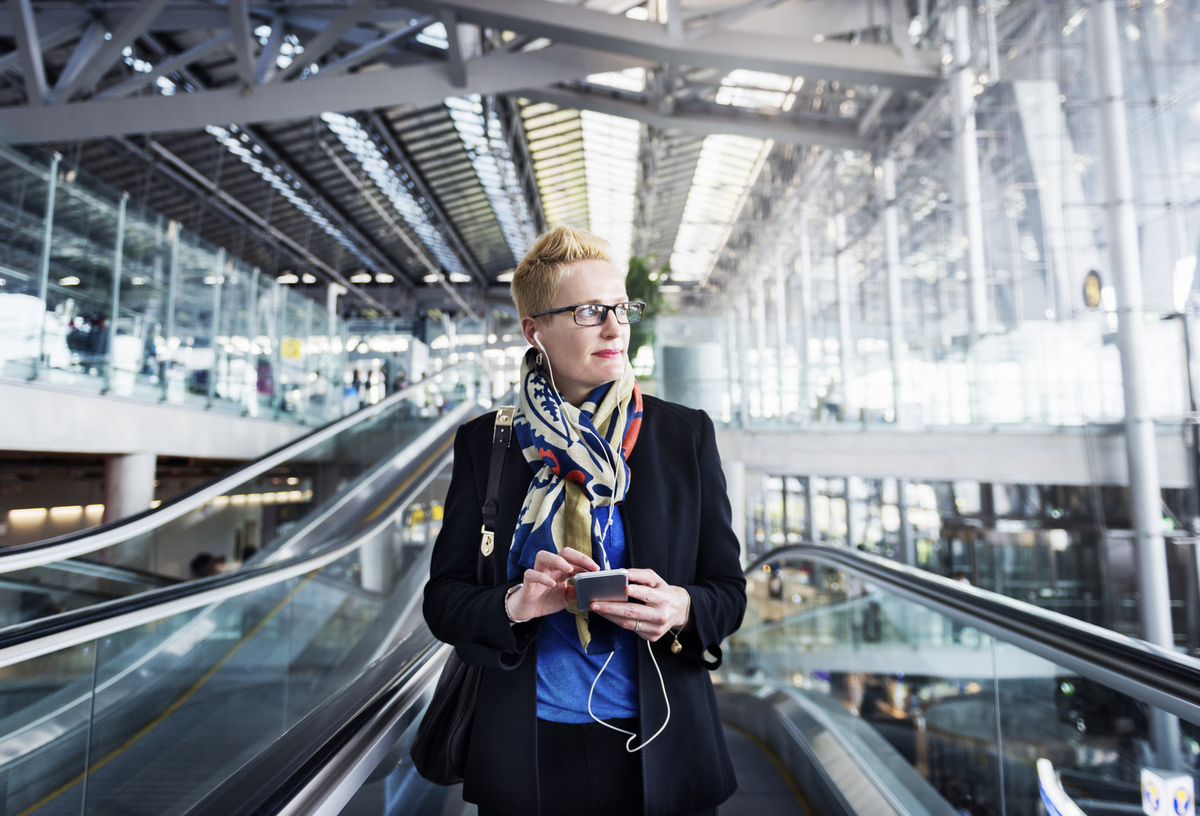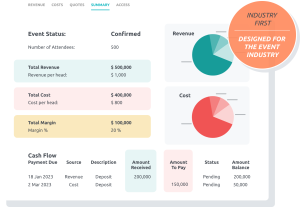More than just what you wish someone upon departure, here are tips to make it a reality.
Stephenie Rodriguez knows a thing or two about traveling safely. The CEO of Mighty Media Group Pty Ltd and founder and CEO of JOZU for WOMEN, a start-up travel portal with a mission to make travel better and safer for women, spends a considerable amount of time on the road. Her work as a digital, mobile and social media strategist and speaker has taken her to 48 countries to date, amassing a wealth of travel experience traveling as a woman.
“My media group understands the behavior of travelers. I think that I am probably the biggest case study with my own personal travel,” said Rodriguez. “I really live and breathe the travel space and the digital component of using technology to improve the quality of the journey and make life better.”
JOZU was born out of her own experiences traveling while speaking at conferences all over the world; when she felt afraid or wound up in situations she shouldn’t have been in because she didn’t have enough information to travel safely.
“Females travel differently than men,” said Rodriguez. “When we did our initial research on JOZU we made some interesting observations.” Among them was the realization that men primarily base travel decisions on physiological needs, whereas women also concern themselves with the safety of their surroundings. “Walk around the peripheral area surrounding a hotel like the Marriott Marquis in San Francisco and in two blocks you’re on Mission Street. It’s a little bit scary but wouldn’t concern men, whereas women concern themselves not only with the destination of their meeting or conference but also the surrounding two- or three-block area.”
Women who need to venture off property to visit a pharmacy, for instance, as well as for any events or appointments that are offsite, must concern themselves not only with proximity to the conference hotel but also the safest route to get there.
Rodriguez recalled being in Hong Kong for a conference at the InterContinental Kowloon and needing to book an alternate hotel because she was late to register and the InterContinental was full. Her research online led her to what she thought was a perfectly acceptable hotel nearby, but when the solely Chinese-speaking Uber driver dropped her at her destination, she had no idea where the hotel was located. She hauled three bags up and down a hill on foot before finally locating the property, which had check-in six floors up. Later, after a gala evening reception, she had to get out of a taxi on the main street, walk up an alley to an access-level street, turn down a pedestrian-only street where bars were closing, only to get to the hotel entrance where a sleeping doorman left the door propped open for hotel guests – not exactly a safe and secure environment.
At another conference in Geneva, she booked a hotel close to the train station to get back and forth to daily meetings held at the airport. Rodriguez speaks neither French nor Swiss German, so her taxi driver informed her in Spanish that her hotel was right in the middle of the city’s Red Light district, and that she should be careful – information she did not uncover when researching and booking her stay.
“One time I was attending a conference in Dubai at a big, lavish, popular hotel,” said Rodriguez. “What wasn’t in the brochure anywhere was information cautioning women not to go into the bar at night because Russian hookers frequent it and you’re likely to be propositioned. It’s very important for conferences to offer breakout space (that is safe for women) or to guide them to other appropriate space to network after hours.”
Her tips for what to consider when planning a safe meeting/event include:
1) Book female attendees in rooms that are not at the end of the hall or by a stairwell; rooms near elevators are preferable. Avoid adjoining rooms – especially for women traveling alone on business because it makes them uncomfortable.
2) Manage the time and map important amenities based on the demographic of the conference attendee and provide that information as a service. “Practical information provided to delegates upon check-in prevents individuals from wandering around too much on their own and risking winding up in the wrong place,” said Rodriguez.
3) Work with rooms-division managers or specify in riders the need for blocks of rooms for female travelers, assigning or requesting those rooms whenever possible. Make requests at the time a conference is planned to show attendees that steps have been taken to ensure their safety.
4) Inform and allow attendees who may not know each other to connect pre-event. “There is always safety in numbers and the buddy system allows attendees to avoid experiencing a foreign city on their own, even if they are traveling alone,” said Rodriguez. “Part of the reason we attend conferences is to build our network, but when we are sitting in rooms listening to speakers we don’t get the opportunity to do that. To encourage a buddy system gives people a way to meet before they travel, perhaps book flights together or even meet at the airport.”
For individual attendees, ways to stay safe include:
1) Being mindful of yourself and your surroundings, especially important when combining alcohol offered at an event with jet lag and/or lack of sleep due to a rigorous schedule. This is another reason having a travel buddy is a great benefit.
2) Be aware of what location services are on the ground and have those things programmed into your phone. Likewise, travel with a translation app, if needed, be apprised of currency conversion, and be informed about local customs and traditions – such as when to cover up and what behavior is unacceptable in specific countries. “Doing some cultural research and loading up on apps before you go will help you travel more seamlessly,” said Rodriguez.
3) Investigate airport arrival and customs assistance where available by checking on airport websites. For a nominal extra fee, individuals will meet and greet you at the airport, and escort you through customs and immigration, saving valuable time.
4) Make yourself known to hotel staff by presenting your business card upon check-in, so the hotel person acknowledges who you are, and to the guest services team who will remember your face and look out for you as a solo traveler. “Also, keep your family or someone at home abreast of where you are,” said Rodriguez. “If you are going to deviate from the conference path and sightsee it’s a good idea to let someone know what you are up to – whether it’s the hotel excursion desk or publishing that information on social media somewhere.”
5) Bad in-flight behavior from fellow passengers can also be a concern. If you feel uncomfortable sitting next to someone on a plane, ask to be moved.
6) Keep your travel badge and credentials secure. Badge theft has become a big issue, especially with large trade shows or where there is a big fee to attend a conference. Rodriguez once had her badge stolen from her bag at a conference in Cannes and the fee to replace it was $500 Euros.
Though Rodriguez isn’t seeing a lot of progress in hotels investing in female travelers in terms of developing products and programs that address their needs, the number of women in business continues to rise. “For example, hotels aren’t marketing their executive/club lounges to women, but those are great alternatives to working in a safer environment than a general lounge or coffee bar,” said Rodriguez. “It’s never sold to us as a solution for safety because, in general, men have occupied that space.”
Rodriguez sees airlines being a bit more sensitive to women travelers’ needs because they are 50 or more percent staffed by women in the cabin. Beyond the in-cabin experience, such as in lounges, it’s still something of a man’s club.
“The stereotype of men in business has not yet been shaken to where we get the same respect or get identified in the same way,” said Rodriguez. “It’s a great opportunity for hotels, airlines, and ground transportation to redesign their consumer messaging for what women want, and what female travelers need and to align product offerings to demonstrate that they’ve actually given it serious thought.”
Sign up now, all the cool kids do it!





